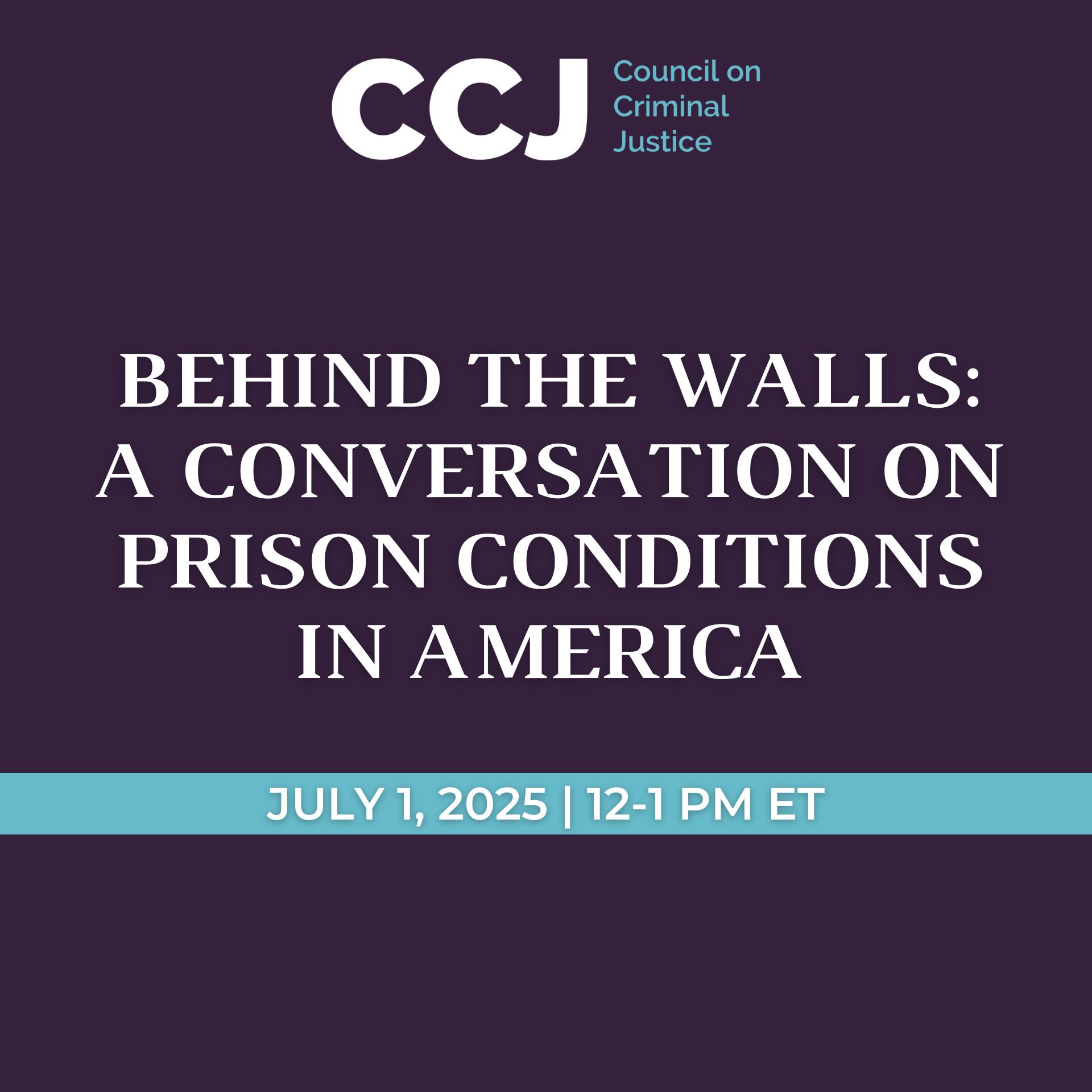At CCJ’s Task Force on Long Sentences’ sixth meeting (July 13, 2022), criminologist Roger Przybylski (RKC Group) reviewed findings from CCJ’s Long Sentences by the Numbers analysis and the research about long sentences and their impact on public safety. While this meeting summarized existing literature, the Task Force also is conducting original research on the public safety impacts of long sentences.
Key Findings from the Presentation
- Research shows that long prison sentences prevent some crime from occurring through an incapacitation effect, although estimates of the magnitude of their crime-prevention effects are inconsistent. Part of what complicates assessment of the incapacitation effect of long sentences is one of the most robust empirical findings in criminology—the fact that as people age, they are less likely to commit crime.
- Although some studies have found evidence of a specific deterrent effect for long prison sentences, the majority of studies indicate that long sentences have either no effect on recidivism or increase recidivism when compared to individuals serving shorter sentences.
- When it comes to deterring individuals from future criminal behavior, the certainty and swiftness of punishment functions are more important than the severity of punishment.
- Apart from long sentences’ effects on public safety, research has also examined their impact on incarcerated individuals, families, and communities. Long prison sentences negatively impact individual’s health and well-being, leading to increased rates of chronic health conditions. Incarceration is associated with higher rates of child abuse and neglect, family poverty, and criminal behavior among children with an incarcerated parent. The burden of incarceration tends to cluster in low-income communities of color, destabilizing communities and further stressing limited resources.



